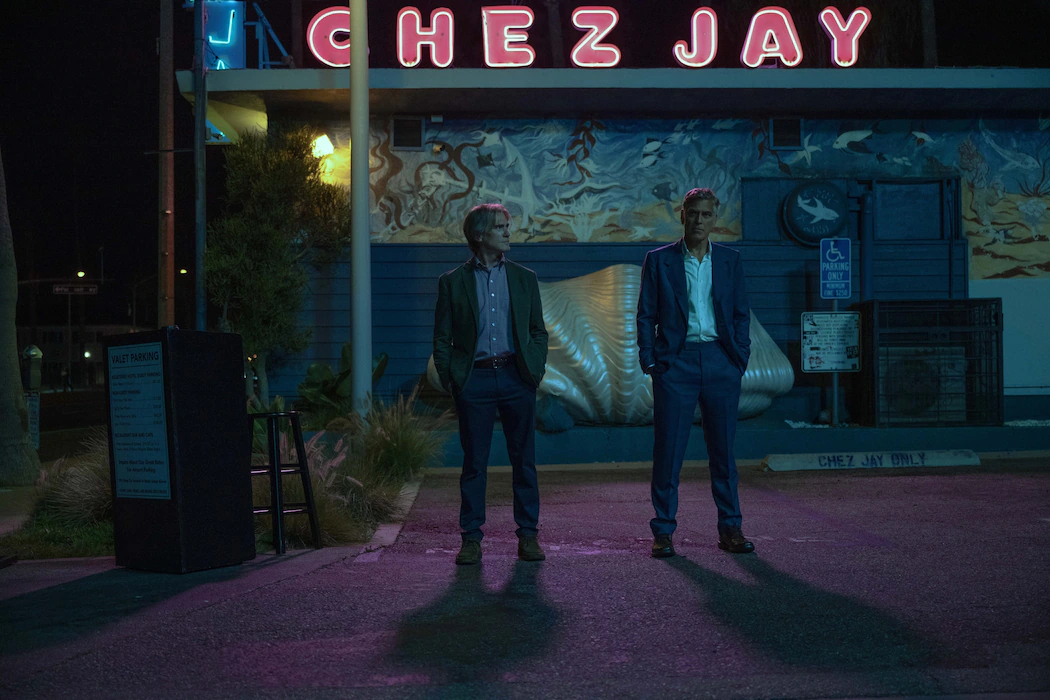The neon veins of the Grid are pulsing once again. After years of speculation, halted development, and silent data streams, Disney has officially rebooted its beloved cyber-saga with the release of the first trailer for Tron: Ares—the long-awaited third installment in a series that helped define digital aesthetics in cinema.
More than forty years have passed since the world was first introduced to Tron in 1982. That film, starring Jeff Bridges as programmer Kevin Flynn, was ahead of its time—both conceptually and technologically—using pioneering computer-generated imagery to visualize a parallel digital realm. Then came 2010’s Tron: Legacy, a visually stunning sequel that expanded the mythos but left the story tantalizingly open-ended. Now, Tron: Ares seeks not just to continue the legacy, but to redefine it, pushing the franchise into bold new territory with real-world incursions, new characters, and deeper existential themes.
Enter Ares: Jared Leto Leads a Digital Invasion
In the role of Ares, Jared Leto portrays a program sent from the digital world into the physical realm—a striking narrative inversion for the Tron universe, which has historically seen human characters pulled into the Grid. This marks a pivotal moment for the franchise: the artificial is no longer confined to cyberspace. It is stepping into our world.
From what we can gather in the trailer, Ares’s arrival is anything but peaceful. The opening moments show a pulse-pounding chase scene: a rogue figure outmaneuvering law enforcement with ease, culminating in a light cycle—a franchise staple—slicing through a police cruiser with surgical precision. It’s a breathtaking visual callback for longtime fans, and a stark statement of intent for newcomers: this is Tron, but not as you’ve seen it before.
Leto brings his signature intensity to the role. While the trailer offers only a glimpse into his portrayal, there’s a calculating coolness to his movements and a subtle vulnerability in his eyes—perhaps a clue to the film’s deeper themes of identity and control.
The Voice of Legacy: Jeff Bridges Returns
Though absent from the screen, Jeff Bridges’s voice looms large at the end of the trailer. As Kevin Flynn, he quietly tells Ares, “Ready? ‘Cause there’s no going back.” The line drips with gravitas, not just because of its placement, but because of what it signals: Flynn is still here, still pulling strings from somewhere inside (or perhaps outside) the Grid.
Bridges, who helped shape the emotional core of both Tron and Tron: Legacy, reprises his iconic role, lending the film both continuity and gravitas. While details about Flynn’s current status remain scarce, his return suggests that Tron: Ares will not just be a thematic reboot—it will be a narrative continuation, tying threads across decades.
Digital Chaos Meets the Real World
What’s most striking about Tron: Ares is its core premise: the Grid is no longer contained.
In the previous films, the virtual world was a closed circuit—a separate system, inaccessible without specific technology or intent. But in Ares, that boundary appears to have ruptured. Programs are not just self-aware—they are self-propelled, breaking through firewalls into our physical world. The implications are massive. If artificial life can now exist outside the digital domain, what does that mean for identity, ethics, and the nature of consciousness?
The trailer teases this tension with fragmented visuals: glowing data patterns flickering across urban skylines, power grids failing, news footage capturing unexplained phenomena. There’s a palpable sense of unease—a technological thriller vibe—punctuated by bursts of high-concept action.
This shift in setting is more than cosmetic. It opens the door for the Tron universe to address modern-day issues: AI proliferation, surveillance, bio-digital identity, and the blurred boundaries between code and consciousness.
New Faces, Familiar Lineage
Joining Leto and Bridges is a stellar ensemble of rising stars and established talents:
- Evan Peters portrays Julian Dillinger, a name that echoes the series’ history. In the original Tron, Ed Dillinger was the corporate antagonist who oversaw the Master Control Program. Julian’s involvement hints at a possible legacy of control and subterfuge—perhaps a son or digital heir to the original villain.
- Greta Lee, Jodie Turner-Smith, Cameron Monaghan, Sarah Desjardins, and Arturo Castro round out the cast, each appearing in brief but intense flashes throughout the trailer—scientists, corporate operatives, or perhaps even rogue programs.
- Gillian Anderson appears in a commanding role, possibly as a high-ranking executive or strategist tasked with understanding the breach between worlds.
- Hasan Minhaj adds a surprising twist, rumored to be portraying a journalist or digital activist navigating the new techno-reality.
The diversity of the cast speaks volumes about the film’s ambitions. This isn’t a simple hero’s journey—it’s a multi-layered ensemble narrative, interwoven with philosophical dilemmas and societal consequences.
The Visual Evolution of the Grid
Under the direction of Joachim Rønning (of Maleficent: Mistress of Evil and Pirates of the Caribbean: Dead Men Tell No Tales), Tron: Ares embraces the visual grammar of the franchise while evolving its palette.
The trailer showcases a refined digital aesthetic: gone is the high-sheen blue of Legacy, replaced by deeper neon crimsons, subtle golds, and ultraviolet purples. The digital world now resembles a sprawling techno-organic biome—somewhere between Blade Runner 2049 and Ghost in the Shell, with an added element of visual surrealism.
The physical world, meanwhile, is rendered with stark realism—dense, gray, pulsing with tension. When the two collide, it’s like watching code bleed into concrete, a jarring but beautiful juxtaposition.
Scoring the Collision: Music and Tone
While the trailer doesn’t reveal the full film score, it offers a tantalizing taste of the soundscape: swelling synths, minimalistic bass pulses, and broken rhythms. The legacy of Daft Punk looms large—after all, their 2010 Tron: Legacy soundtrack became as iconic as the film itself—but it remains unclear whether they are involved in any capacity.
That said, the tonal foundation is unmistakably in place: electronic melancholy, pulsing beneath the surface, constantly building toward something unresolved.
The tone is darker than previous Tron entries. There’s a sense of urgency, but also of sorrow—perhaps reflecting a world where technology has moved faster than our ability to comprehend it.
October Arrival: What to Expect
Set for release on October 10, 2025, Tron: Ares will arrive at a time when conversations around AI, simulation theory, and digital personhood are more relevant than ever. Unlike its predecessors, which envisioned the digital world as speculative fiction, Ares arrives in a cultural moment where such ideas feel uncannily close to reality.
In this light, the film carries a new kind of burden: not just to entertain, but to interrogate. If programs can now walk among us, who are they? What do they want? And more provocatively: what do we owe them?
The title Ares—named after the Greek god of war—hints at conflict. But the question remains: is this a war between worlds, or a war within us?
The Legacy Continues
Tron: Ares is not just a return—it’s a reinvention. It honors the visual legacy of the past while exploring entirely new ground. With Leto at the helm, Bridges anchoring the mythology, and a fresh cast bringing dimension to the chaos, the film promises to be both a love letter and a rupture.
In the final seconds of the trailer, as Kevin Flynn’s voice echoes through the darkness, we’re reminded of what made Tron special to begin with: the belief that technology can be more than cold logic—it can be emotional, dangerous, spiritual.
As fans gear up for October, one thing is clear: we’re not going back to the Grid. The Grid is coming to us.
And it’s bringing Ares with it.
No comments yet.








